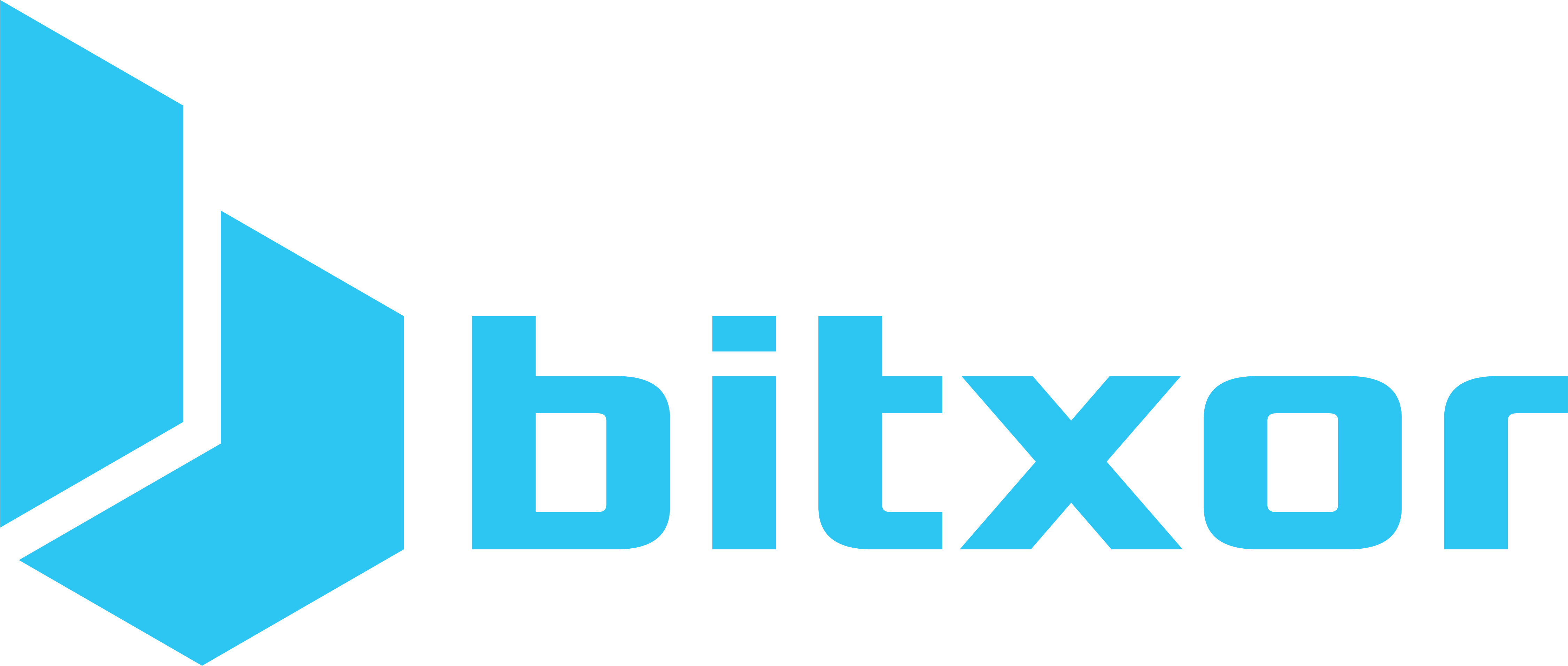The year 2023 marks a crucial turning point for blockchain technology, as it continues to emerge as a driving force behind the next technological revolution. Despite past challenges such as the ‘crypto winter’ and failed stable coins, blockchain’s resilience and continuous improvement have positioned it to play a pivotal role in reshaping industries and economies worldwide. In this article, we will delve into the significance of blockchain, its impact on various sectors, and explore the latest trends in 2023, including the development of Metaverse, the rise of non-fungible tokens (NFTs), and the growing green initiatives.
Blockchain technology: Still Relevant in 2023
With the emergence of advanced Web3 technologies, blockchain remains highly relevant in 2023. Its impact extends far beyond the realm of cryptocurrencies, finding applications in diverse sectors such as finance, healthcare, e-commerce, publishing, and insurance, among others. This broadening scope has propelled the global blockchain technology market, which is projected to reach a staggering $1432 billion by 2030, experiencing a remarkable compound annual growth rate (CAGR) of 85.9% between 2022 and 2030.
The Growing Role of Blockchain in Finance
In 2023, blockchain’s most significant impact is being witnessed in the financial sector. The adoption of decentralized finance (DeFi) practices is becoming more commonplace, prompting financial institutions to explore the transformative potential of blockchain. With a forecasted growth from $2.034 billion in 2021 to $17,583 billion in 2026 for the global blockchain market in banking and financial services (Research and Markets), the finance industry stands at the forefront of blockchain integration.

Blockchain’s benefits for banks are evident, enabling faster and cost-effective transactions while reducing bureaucratic complexities. This technology also allows for the launch of regulated cryptocurrencies, reducing the competitive advantage of standalone cryptocurrencies and offering new opportunities for traditional financial institutions.
Cryptocurrencies and the Metaverse
As the Metaverse takes center stage in 2023, blockchain technology plays a pivotal role in its development. The Metaverse represents a shared digital space where users can interact, transact, and create a multitude of virtual experiences. With blockchain’s decentralized and secure nature, it lays the foundation for building the infrastructure required for the Metaverse to thrive.

Cryptocurrencies, like Bitcoin and Ethereum, which we expect to be joined by BXR Coin in the not too distant future, serve as the primary means of exchange within the Metaverse, allowing users to buy virtual assets, trade digital goods, and participate in virtual economies. The demand for crypto assets has seen unprecedented growth, with prominent platforms like OpenSea experiencing a surge in popularity due to their NFT marketplaces, offering unique digital assets backed by blockchain technology.
Non-Fungible Tokens (NFTs): Revolutionizing Ownership
Non-fungible tokens (NFTs) have taken the world by storm, revolutionizing the concept of ownership and provenance. In 2023, NFTs continue to attract entrepreneurs and artists alike, empowering them to tokenize and sell unique digital assets, including artworks, music, virtual real estate, and collectibles, all backed by blockchain authenticity.
The integration of NFTs in various industries offers exciting opportunities for entrepreneurs. They can leverage this technology to create new revenue streams, enhance brand value, and engage with their audiences in innovative ways. As the NFT market evolves, blockchain-based platforms like OpenSea provide a gateway for creators to showcase and monetize their digital creations.
Green Initiatives and Sustainable Blockchain Technology
Amid growing concerns about environmental sustainability, blockchain technology is evolving to address its energy-intensive reputation. In 2023, an increasing number of blockchain projects and cryptocurrencies are exploring energy-efficient consensus mechanisms and eco-friendly practices.
Proof-of-Stake (PoS) and other energy-efficient consensus algorithms are gaining popularity as more blockchain networks seek to reduce their carbon footprint. Projects such as the Blockchain for Renewable Energy and Climate Impact (BREC) are emerging to harness blockchain’s potential for promoting renewable energy and carbon offset initiatives.

Bitxor Blockchain: Empowering Entrepreneurship and Innovation
For aspiring entrepreneurs and developers in the blockchain space, platforms like Bitxor Blockchain offer the ideal environment to develop and deploy business applications. Bitxor’s comprehensive suite of tools, including digital assets and enterprise blockchain, provides a robust foundation for creating cutting-edge blockchain solutions.
In 2023, blockchain technology remains indispensable, shaping the future of finance, industries, and economies worldwide. Its far-reaching impact extends to various sectors, driven by trends such as the Metaverse, the surge of NFTs, and the rise of green initiatives. Entrepreneurs and developers seeking to capitalize on the blockchain revolution can find invaluable resources in platforms like Bitxor Blockchain, enabling them to develop innovative business applications and carve their path in this rapidly evolving industry.
Embrace the blockchain technology revolution today and unlock a world of endless possibilities for your business initiatives!
Share:

